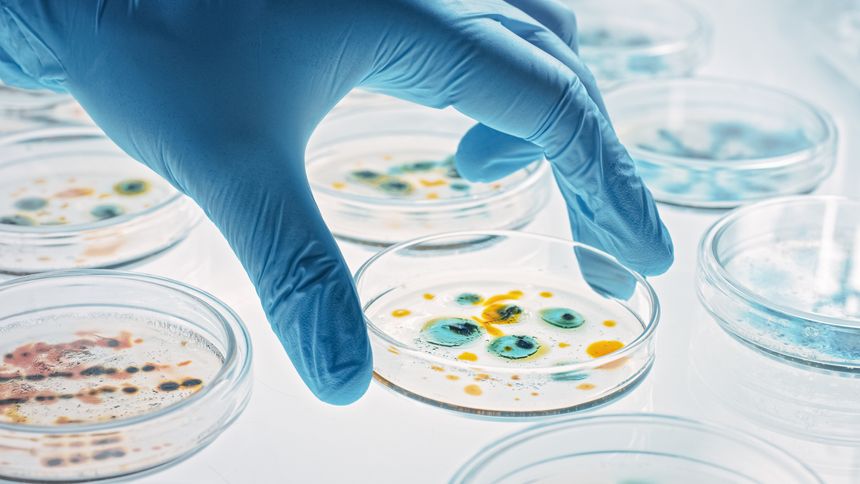I have previously reported on the issues we face regarding increased antimicrobial resistance and limited new antibiotics being developed. It is thought that over one million people a year die as a direct result of drug-resistant infections and this is increasing year-on-year. To put this into context, the WHO reports that worldwide, 7 million people have died from COVID since the start of the pandemic in 2020, so total deaths from drug-resistant infections will soon outstrip this.
We all know AI is all around us and is becoming a regular component in our lives. However, many of us do not appreciate or know the potential real world values AI could provide. I therefore read with interest about a new collaboration project between the Flemming Initiative and GSK, which is looking to use AI in order to help identify new antimicrobials. Whilst it is hoped that this will speed up the identification of new antimicrobials, the process for approving new drugs may also need to be modified, so that any newly identified antimicrobials will be available for use as soon as possible.
Of course, we must also continue to improve on minimising antimicrobial misuse, so that we can reduce further antimicrobial resistance from developing and ensure that any new antibiotics will retain their effectiveness for as long as possible.
Tony Wood, the chief scientific officer at GSK, said: "We will open up new approaches for the discovery of novel antibiotics as well as anticipate and outpace the development of resistance to transform the treatment and prevention of serious infections."

/Passle/6130aaa9400fb30e400b709a/SearchServiceImages/2026-02-13-16-54-03-248-698f572b99773b214339c51d.jpg)
/Passle/6130aaa9400fb30e400b709a/SearchServiceImages/2026-02-13-12-42-47-548-698f1c477c75eb0bbb806c95.jpg)
/Passle/6130aaa9400fb30e400b709a/SearchServiceImages/2026-02-13-11-05-18-347-698f056e7c75eb0bbb7fdada.jpg)